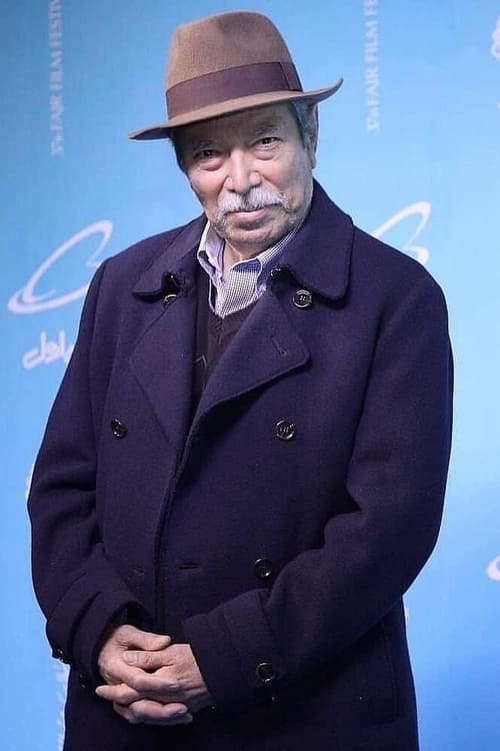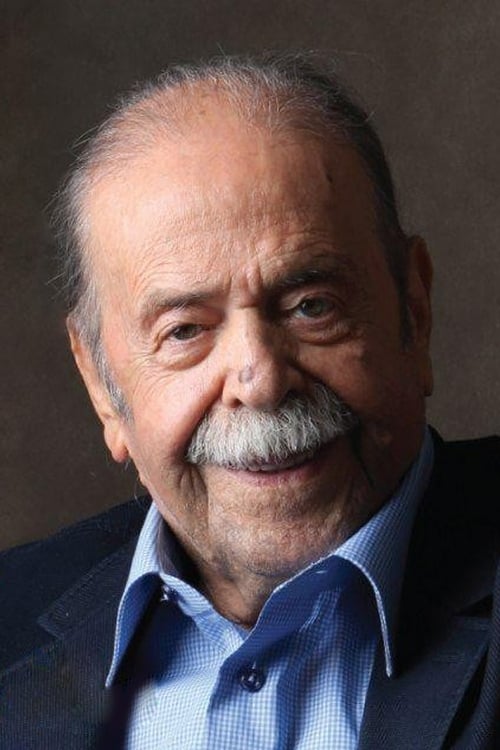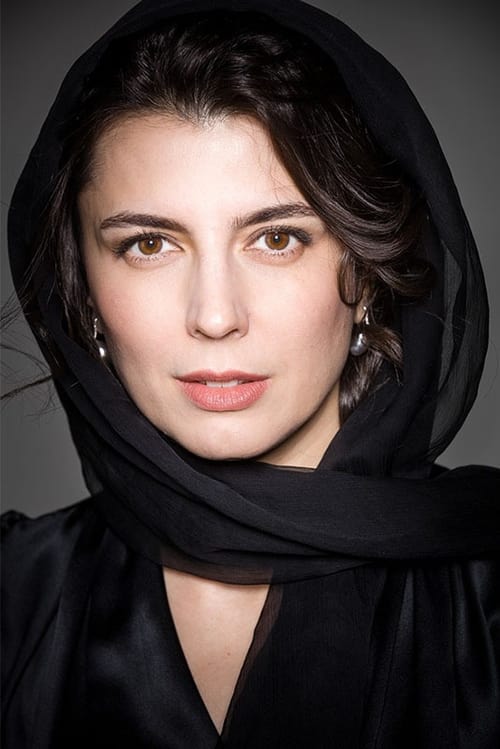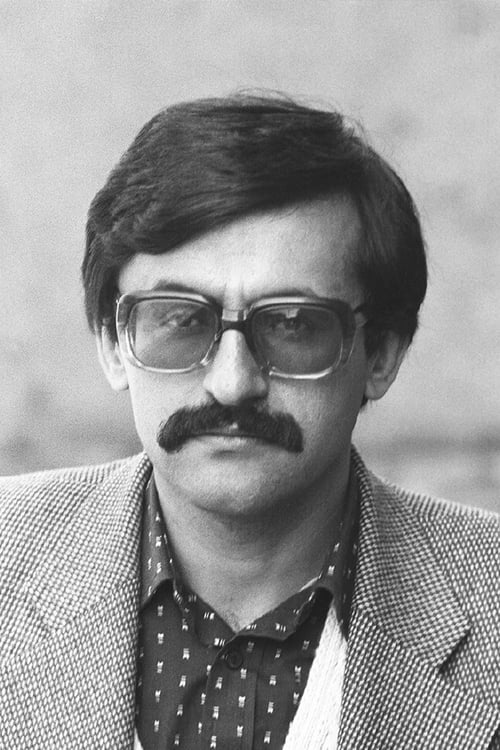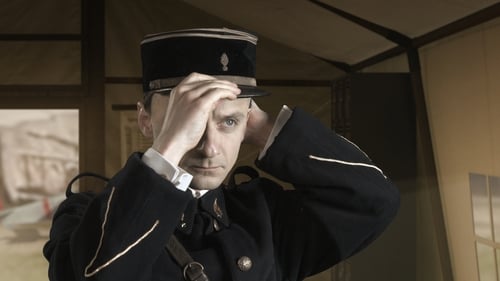Kamalolmolk (1984)
Género : Drama, Historia
Tiempo de ejecución : 2H 2M
Director : Ali Hatami
Sinopsis
The movie chronicles the life of the famous painter Kamololmolk, and his relationship with various kings.

The story of the life of the monk (Andrew Samuel), who grew up in the province of Beni Suef at the end of the nineteenth century, lost his sight at the age of three years, and sent to the monastery for the purpose of learning, but years later decided to monk in the monastery of St. (Samuel confessor). The film is subject to asceticism, humility, miracles and biography until his death in the 1980s.

Germany, 1945. The War is over, and it has left a slew of devastated families in its wake. Among them are Maria and her mother, two refugees who find themselves working on a farm in the German countryside after they are forced out of their home by violence and political upheaval. It is there that little Maria makes an unlikely friend: an American soldier — an enemy soldier — who, through one act of unnecessary kindness, teaches Maria and her family a powerful lesson in compassion and humanity during the most inhumane of times.

A view of the life and works of the late Alex Colville, the celebrated Canadian painter. Shows the influence on his life and works of his experience as an artist during World War II, and of his relationship with his wife, Rhoda. Friends and critics speak of the construction and sense of menace in his work, and Colville comments on his sense of order, goodness, and contingency.

Isabelle Huppert is one of the most famous French actresses. In this portrait she reflects in voice over on her movies and her craft. She seems to like characters that are neurotic, dramatic and even dangerous. Huppert considers every character a means to discover things about herself.

Con motivo de la entrega del Premio Cervantes al escritor catalán Juan Marsé el 23 de abril de 2009, familiares, amigos y escritores ofrecen un sincero retrato del mejor cronista de la vida en Barcelona durante la posguerra y los peores años de la dictadura franquista, en los años cuarenta y cincuenta, y del desarrollo económico y la convulsa conquista de la libertad, en los años sesenta y setenta.

París, años 60. La influencia de Madame Claude va más allá de la prostitución... hasta que una joven acomodada amenaza con cambiarlo todo.
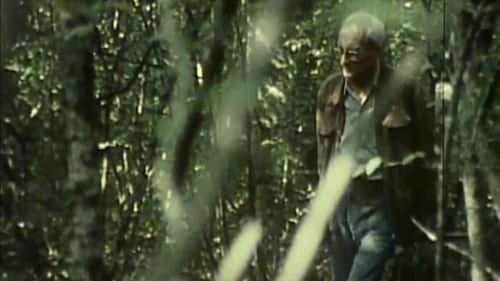
Documentary about one of the greatest French thinkers of the twentieth century, Claude Lévi-Strauss (1908-2009).

Short documentary outlining author Jack London's path to Socialism.

An insight into the novelist and philosopher Simone de Beauvoir, who was also a political activist and feminist.
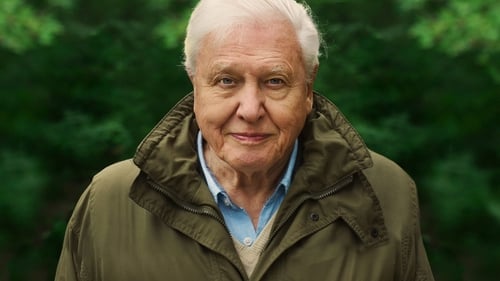
A sus 93 años, David Attenborough ha visitado todos los continentes del planeta, explorando cientos de lugares, documentando el mundo viviente en todo su esplendor. Ahora, por primera vez, reflexiona sobre las experiencias más relevantes de su vida como naturalista.
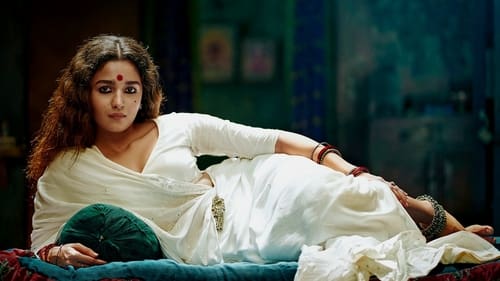
Ganga es engañada por su novio, que le promete una carrera en el cine, para abandonar el campo e irse a vivir a Bombay. Una vez en la ciudad, es vendida a un prostíbulo en Kamathipura, el principal distrito rojo de India en los años 50. Allí ella se desmorona, pero su espíritu rebelde prevalece. Quizá sólo pueda aceptar lo que le ha tocado vivir, pero al menos será capaz de sacar provecho de las circunstancias. Se convertirá en la temida Gangubai, defensora de prostitutas que, aliada con un mafioso del barrio, será la primera mujer que levante la voz en favor de los derechos de las trabajadoras sexuales y sus hijos
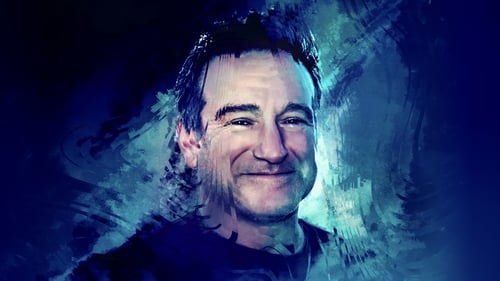
Un retrato íntimo de Robin Williams, un actor con un espíritu invulnerable, que narra su lucha contra una devastadora enfermedad neurológica.

París, junio de 1940. La pareja De Gaulle se enfrenta al colapso militar y político de Francia. Charles de Gaulle se une a Londres mientras Yvonne, su esposa, se encuentra con sus tres hijos en el camino del éxodo.
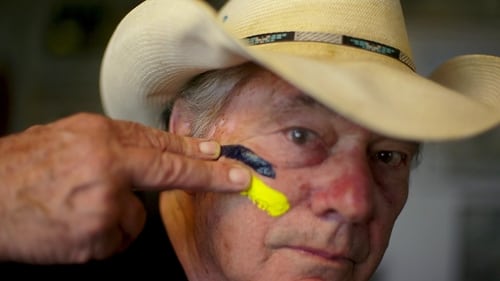
Un fantástico viaje por el mundo de Renato Casaro, uno de los ilustradores más importantes que ha conocido la industria del cartel cinematográfico mundial.

1779. Ludwig van Beethoven, de ocho años, llamado "Louis", ya es conocido como un prodigio musical. Aprende a seguir su propio camino, para consternación de las personas que lo rodean. Algunos años más tarde, conoce a Mozart en tiempos de agitación política. El genio poco convencional y la Revolución Francesa están provocando un fuego en el corazón de Louis; no quiere servir a un maestro, solo las artes. Enfrentando tiempos de tragedias familiares y amor no correspondido, casi se da por vencido. Sin embargo, Louis llega a Viena para estudiar con Haydn en 1792, y el resto es historia. ¿Quién era este hombre, cuya música desde entonces ha tocado innumerables corazones y mentes? Al final de su vida, el maestro queda aislado por la pérdida de sus seres queridos y de la audición. Sin embargo, seguramente estaba muy adelantado a su tiempo.

In a cinema, the day of the premiere of J'irai cracher sur vos tombes (adapted from his novel), Boris Vian has a heart attack. During his discomfort, he relives the major stages of his life: the meeting with Raymond Queneau, the nights of Saint-Germain-des-Prés, the scandal of J'irai cracher sur vos tombes, his love stories with Michelle Léglise then Ursula Kubler or his relationship with Jean-Paul Sartre. Through his memories, Boris Vian relives all his “parallel lives”.



